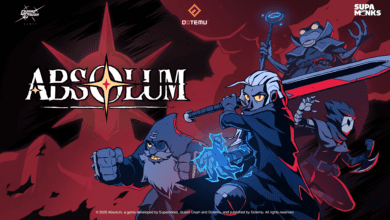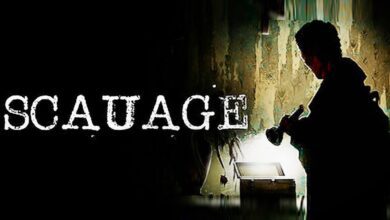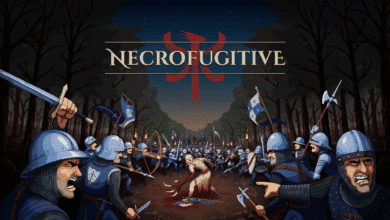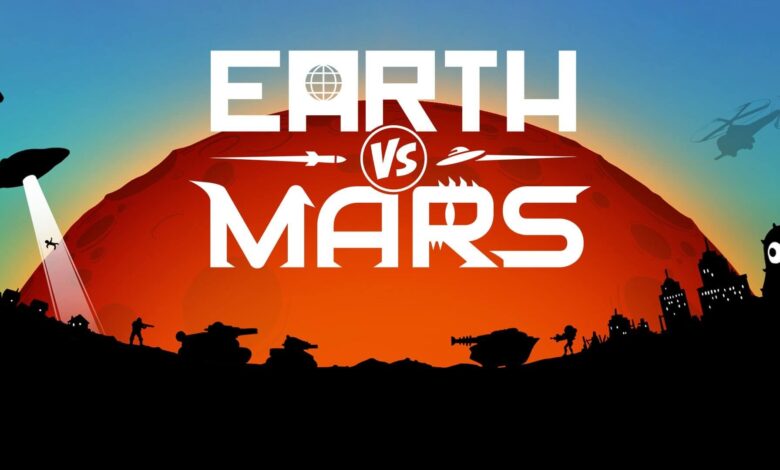
Last year, the Canadian studio Relic Entertainment, creators of Company of Heroes, Warhammer 40,000: Dawn of War III, and Age of Empires 4, among others, made headlines when they officially split from Sega and became an independent studio. Since then, their business strategy has focused on developing smaller games and reimagining classic titles, all while continuing to support their long-standing franchises, of course. In that context, Relic Entertainment’s Relic Labs division recently revealed its new turn-based strategy game, Earth vs Mars, a game with a humorous and lighthearted approach that depicts a military conflict between our planet Earth and the red planet, Mars.
Personally, I think the result, at least visually, is very appealing and fun. The game invites us to defend humanity’s future by creating powerful human supersoldiers to fight against this looming alien threat. The setting is undoubtedly colorful and engaging, with environments that I don’t think anyone would find boring. The battles are dynamic and entertaining, and even our enemies are, in a way, “charming” (?). In any case, judge for yourself. Here’s the Exclusive Reveal Trailer for Earth vs Mars, courtesy of IGN:
A Classic Conflict
According to the description on its Steam page:
“Martians have been visiting Earth for decades, abducting animals and humans and harvesting their atomic essence to create bizarre Martian-creature hybrids. This time they’re here to claim our planet. In this turn-based strategy game, an unlikely group of commanders will lead Earth’s military as they face an overwhelming Martian invasion. Fight high-tech saucers, grav-tanks, and elite alien warriors in a battle for the planet’s survival.
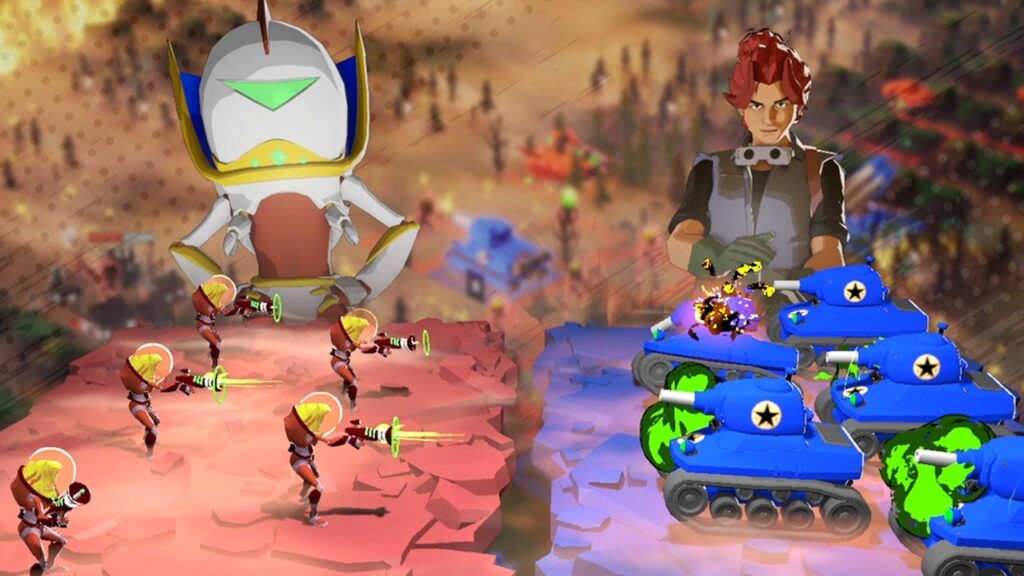
Your secret weapon is the ‘Splice-O-Tron.’ With it, you can combine human ‘volunteers’ with Earth creatures to create powerful hybrid supersoldiers to fight alongside Earth’s regular military. Rain acid from the skies with the fast-moving cheetah-fly. Charge through enemy lines with devastating human-rhino hybrids. Or strike from the forests with your deadly squirrel-cow infantry.
As the campaign progresses, you’ll unlock new types of creatures, powerful unit upgrades, and game-changing commander abilities. But as your army evolves, so will your enemy’s, and you’ll face everything from the sentient organic weapon known only as ‘The Creep‘ to the Martians’ own mutant creations.”
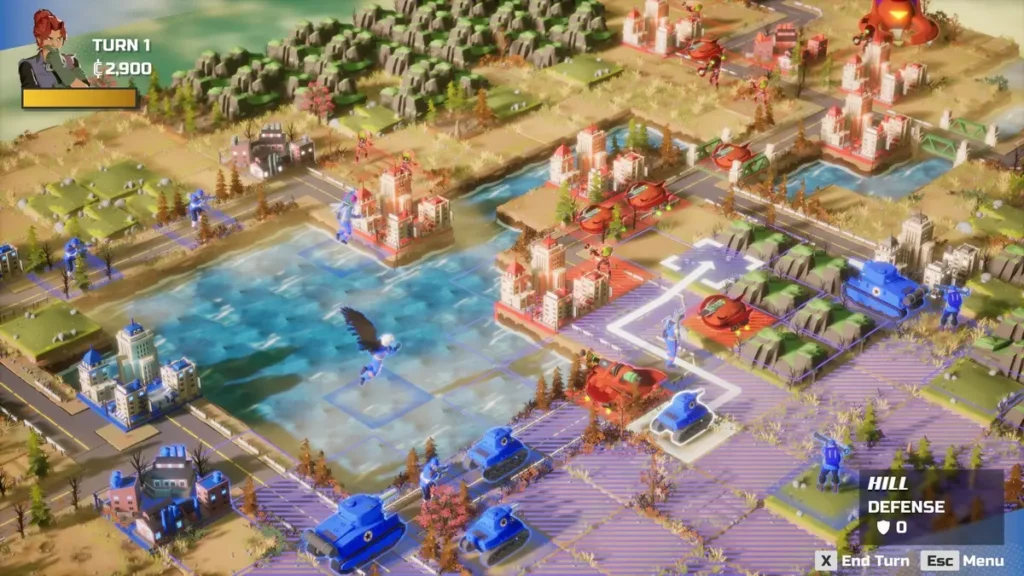
Key Features
The developers have made it clear that more details about each key feature will be revealed in the coming months, but for now, they have provided a brief overview:
- Single Player Campaign – Earth vs Mars will feature an expansive narrative-focused campaign composed of over 30 hand-crafted missions.
- Online Multiplayer – Battle against other commanders, either as the armies of Earth or as the forces of the Martian Invaders. Lots more info to come!
- VS Mode – Battle against the AI on custom maps, providing lots of replayability for single-player fans.
- Map Editor – A fully featured map editor allows you to create custom maps and scenarios. Again, more info to come in time!
- Splice-O-Tron – Bringing some old-school Relic flavor to this genre, the Splice-O-Tron will be a key mechanic in the game. Combining creatures with human “volunteers” will allow you to field an array of exciting and powerful hybrid units.
- Unit Abilities – Many of the units in Earth vs Mars will have their own unique abilities, adding new strategies and gameplay depth to this style of game.
- Commanders – There will be multiple commanders in the game, each bringing passive and active abilities that enhance the way you play.
- Beautifully realized 3D world – The game will bring 3D units, tilesets, and stunning effects to turn and tile-based strategy players.

Earth vs Mars will be the first “small-scale” indie-style game from Relic Labs. This division’s games will stand apart from Relic Entertainment’s classic RTS titles, which will, of course, continue to receive support, maintenance, and updates. Relic Labs will allow the studio to explore new subgenres, experiment, and unleash its creativity while releasing new titles more frequently.
If you’ve read the article and watched the video above, there’s not much more we can say to help you decide whether to add this title to your Wishlist. We already have. And while we wait, as we always say, why not take a look at the comments and tell us what you think about this game? You know, human, take us to your lead… I mean… we’ll be reading you! 🙂
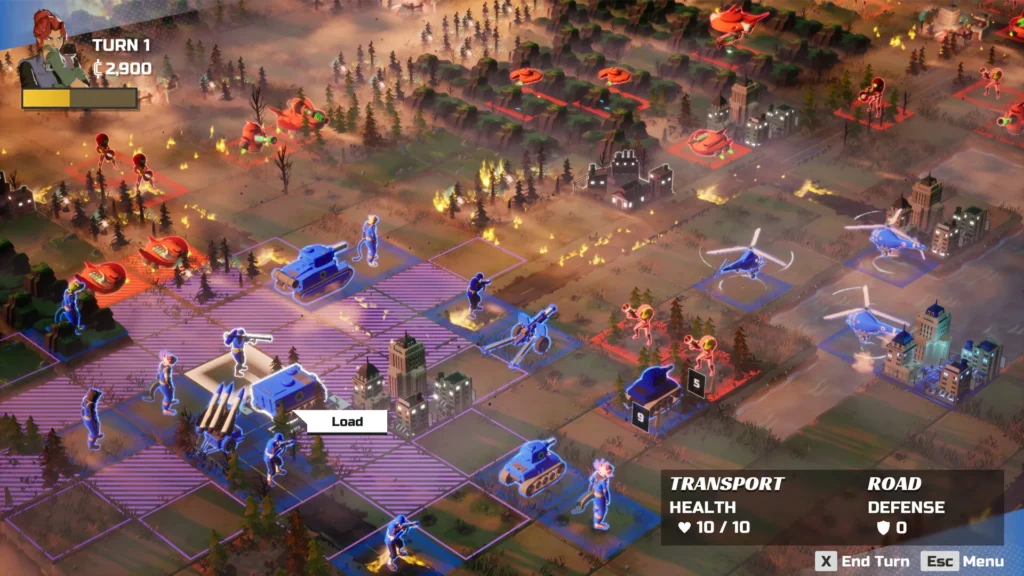
Images Source: IGN Official YouTube Channel, Earth vs Mars on Steam


